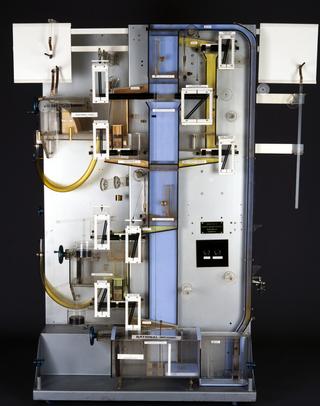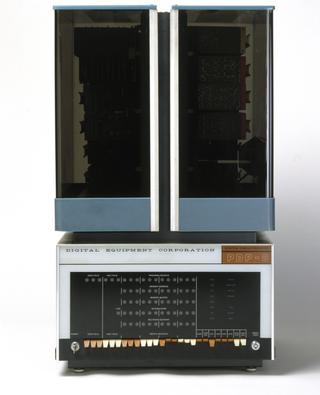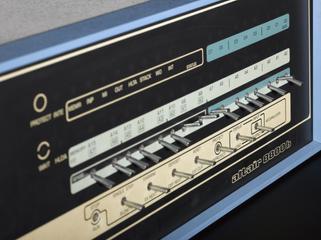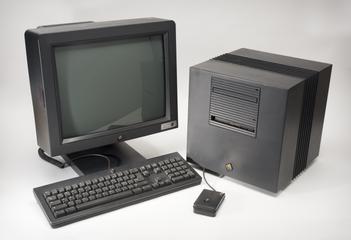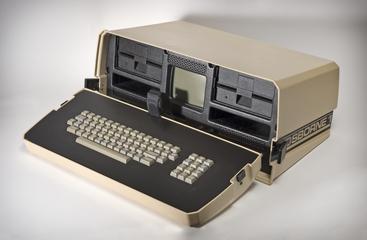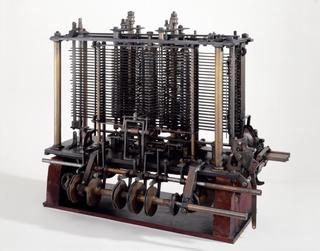
Box for ICON Smart Bike Light
- Made:
- 2017 in Northern Ireland






A cardboard box made by See.Sense in Northern Ireland in 2017. Made to hold ICON bike light, as well as charging wire and instructions.
The ICON bike light is a smart light made by See.Sense. When connected to a cyclist’s mobile phone it gathers information relating to their journey, including route taken, road surface conditions, and accidents and near misses. This information is anonymised and gathered by See.Sense in order to build an impression of how cyclists navigate the city, and which areas are less cyclist-friendly. From this data informed solutions can be made to make the city more navigable by bikes. The light also uses location data to react to the user’s surroundings, flashing brighter in areas where greater visibility is needed, such as roundabouts.
This bike light was used in a Manchester-based trial of the technology and was part of a programme of research that ran between 2016 and 2018 into how smart technology can transform and connect the city. This project was managed by the CityVerve Consortium, which was made up of 21 organisations, including CityVerve, Manchester City Council, The University of Manchester, Manchester Metropolitan University, See.Sense, and Cisco. The project intended to create a blueprint for how smart technology can be applied to a city, and had four main themes:
• Transport and Travel
• Health and Social Care
• Energy and Environment
• Community and Engagement
Within these themes the partners in the consortium worked on various experimental projects to see how technology and data can be linked together to create systems that worked together in order to solve problems. The goal of these projects was to create a city that responds to the needs of its people as those needs transform and develop. The CityVerve project came to a formal close in June 2018, but the results of the project are still being realised, both in Manchester and beyond.
Details
- Category:
- Computing & Data Processing
- Object Number:
- 2019-61
- Materials:
- cardboard
- type:
- box
- credit:
- Gift of Danielle Bryers
